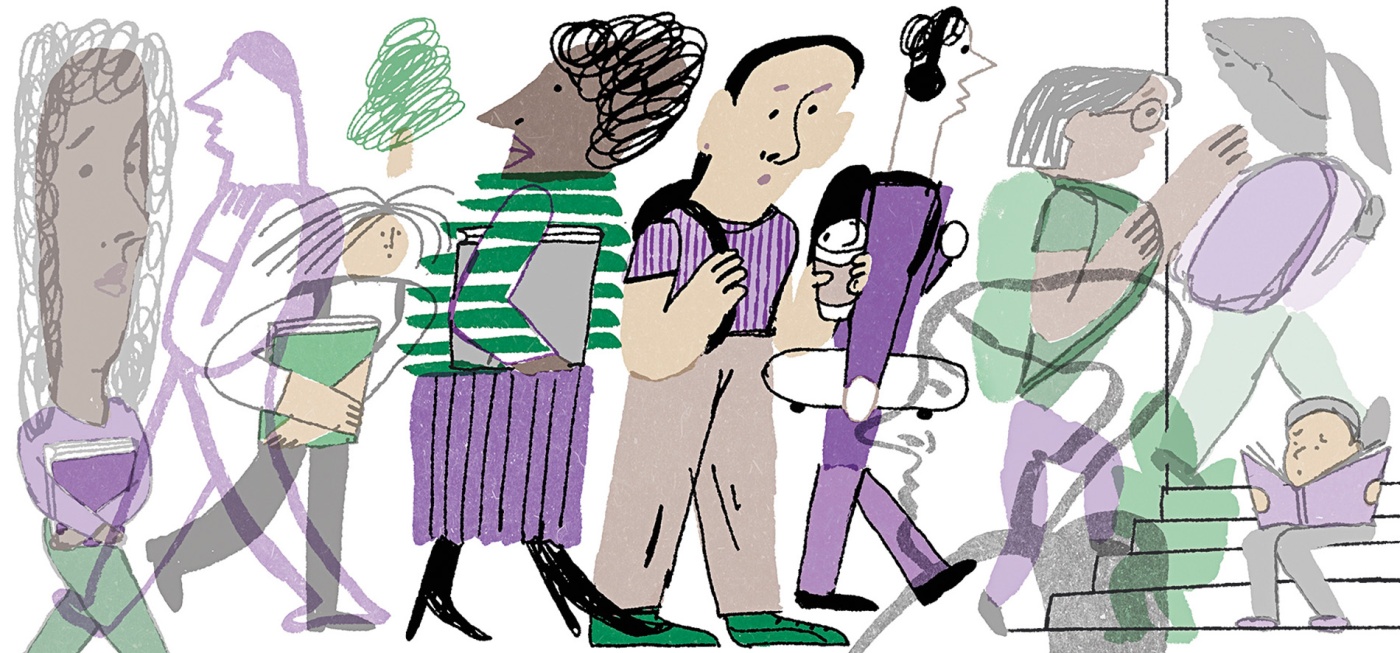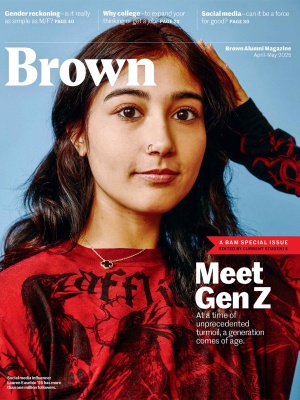Diversity on the Decline
Reactions to demographic changes after 2023’s ban on race-conscious admissions
Senior Niyanta Nepal, president of the Undergraduate Council of Students and a minority peer counselor (MPC), expected to see a change in the number of students of color this year, with the first new class admitted after the U.S. Supreme Court’s ban on race-conscious admissions. It was still jarring. “We were all shocked by the fact that we saw this major shift,” she says.
Brown tried to limit the ruling’s impact while staying within the law, but in the class of 2028 the share of Black students is down 40 percent; Hispanic students down 29 percent. Nepal says the University is “feeling inaccessible.”

The Brown community spent the last year reckoning with what the shift in law means for higher ed. In December, leaders released a plan to sustain diversity as “integral to our mission of academic excellence.” It includes enhancing relationships with high schools, guidance counselors, and alumni to connect with applicants from underrepresented backgrounds and making financial aid options more understandable.
But several students and faculty members said Brown’s reinstatement last year of a standardized testing requirement contributes to the unease Nepal describes. Brown calls its approach “testing in context,” meaning a student’s SAT/ACT scores are considered in the context of their educational environment, which can benefit applicants from under-resourced backgrounds, the ad hoc committee on admissions policies found.
Yet that’s not how it felt to many on campus. Noliwe Rooks, chair of the Africana Studies Department, was teaching a class with mostly students of color when news of the testing requirement came out. “What they kept saying is that it just really seems like this school is finding different ways to say they made a mistake letting us in. Of course, the school was not saying that,” Rooks says. “It was heartbreaking to me.”
Marco Lima ’27, a sophomore MPC, says he reminds first-year students experiencing imposter syndrome that with race not a consideration, “you really got here on your own merits.” Yet, he says, some wonder “whether the University is really trying to appeal to me.”
Skyler Recel-Chang ’27, a sophomore MPC, pointed to a “beacon of hope,” saying, “I believe a lot of students have formed solidarity with each other, knowing the landscape is shifting.”




